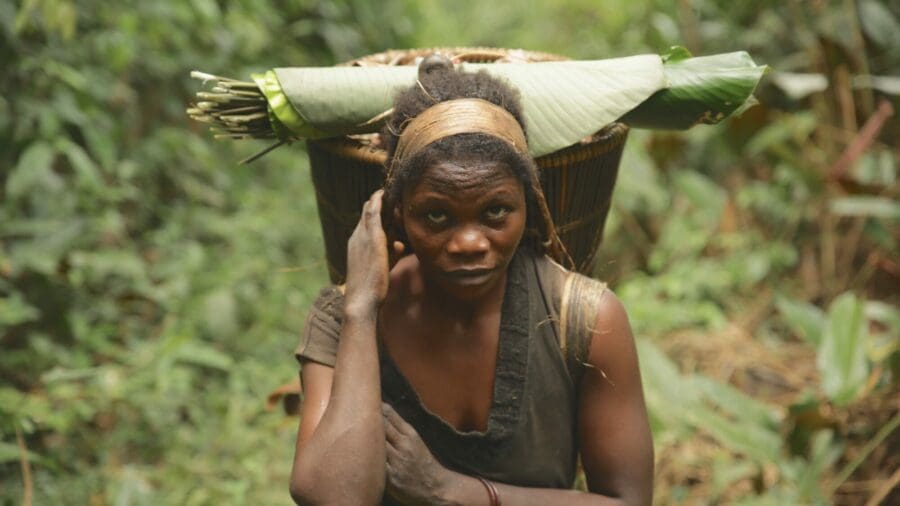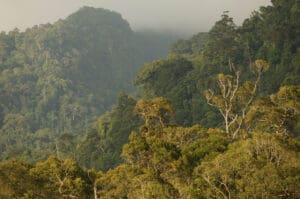KINSHASA (November 16, 2022) —President Félix Antoine Tshisekedi of the Democratic Republic of the Congo (DRC) has signed a historic bill to protect and promote the rights of Indigenous Pygmy Peoples into law. This is the first-ever legislation in the country to recognize and safeguard the specific rights of Indigenous Peoples.
The signing of the law comes after a long wait – the DRC Senate adopted and sent it five months ago to President Tshisekedi for approval.
Congo’s Indigenous Pygmy Peoples have long suffered prejudice, segregation, and discrimination. They have faced social exclusion and human rights violations, often on the pretext of economic development and conservation, and largely lack access to justice, health, and education services. Government and civil society groups estimate the Congo’s Indigenous population anywhere between 700,000 and 2 million.
“Now that the President has signed and promulgated the bill, we are hopeful that the new law will safeguard free, prior, and informed consent for the Indigenous Pygmy Peoples,” said Patrick Saidi Hemedi, leader of RRI collaborator DGPA, a member of the RRI coalition that has worked tirelessly with Indigenous communities, national parliamentarians, senators, and lawmakers to ensure the law’s passing.
“While we know not everything will change immediately and the law’s implementation will take time, it will at least make sure that we have more tools available to implement our rights going forward.”
The DRC government has long looked at the forests of the Congo Basin—termed the world’s largest carbon sink—as a resource to catalyze economic development. But in doing so, it has overlooked not just the ecological importance of the Basin’s ecosystems, but also their communities’ deep connection to the forests they call home. Saidi and his colleagues have worked for 14 years to get these protections enshrined into law, pushing for recognition as the DRC continues to recover from civil strife, epidemics, and internal displacement.
Patrick Kipalu, RRI’s Africa Program Director, called the law’s signing a long-awaited victory.
“This law can potentially make way for securing millions of hectares of Indigenous lands in the DRC, and we are optimistic that it will open many doors of opportunities for Indigenous Peoples to assert their rights and pursue their self-determined development and conservation initiatives to protect the DRC’s forests.”
Earlier in March 2022, the DRC government also committed to mainstream gender in its draft National Land Policy—with critical advocacy led by CFLEDD—putting women’s land rights at the center of land legislation that hadn’t been updated since 1973. Read about RRI’s long history of pursuing land rights reform in the country.






